The average cost of raising a child from birth to college graduation in China is approximately 680,000 yuan ($94,557), and the cost of childrearing now ranks among the highest in the world, according to a new report published by a Chinese think tank on Wednesday.
The report was published by Yuwa Population Research, a Chinese think tank led by renowned demographer Liang Jianzhang, one of the co-founders of Ctrip. It discusses the economic costs of raising children in China and the key factors by analyzing the latest national statistics released in 2023.
It pointed out that the average cost of raising a child from birth to the age of 17 in China is about 538,000 yuan, and to the age of college graduation, it is 680,000 yuan. This figure is significantly higher than the estimate in the last report published two years ago, reflecting the increasing economic burden of raising children as a result of socio-economic development and rising living costs.
An international comparison of child-rearing costs between China and other countries reveals that Chinese families spend 6.3 times their per capita GDP to raise a child until they reach the age of 18, one of the highest levels in the world. This figure is also higher than that of developed countries such as Australia, France, and Sweden, according to the report.
Shanghai and Beijing have the highest cost for child raising, standing at 1.01 million and 936,000 yuan, respectively. However, compared with the 2022 version of the report, both showed a downward trend, down 16,000 yuan and 33,000 yuan respectively.
The report also showed that in addition to financial costs, there are two key factors influencing the willingness to have children, namely time cost and opportunity cost. Time cost includes maternity leave, child care, school pick-up, helping children with homework, and increased household chores, while opportunity costs include the decline in work skills due to long leave from work for childbirth, weakened competitiveness upon return, being transferred or receiving a pay cut, and losing out on promotion opportunities, among others.
"These costs are currently mainly borne by women in Chinese society, and are the main reasons why many choose not to have children at all. Furthermore, due to childbirth, female professionals may experience a sharp decline in their remunerated work hours and wage rates, placing them in a dilemma between work and family responsibilities," He Yafu, one of the co-writers of the report, told the Global Times on Wednesday.
Facing the challenges, Liang urged all work units and relevant departments to address the mounting pressures of childbearing. At the national level, there is an urgent need to quickly introduce policies to reduce the cost of childbearing for families, such as providing subsidies, establishing childcare facilities, promoting equal maternity and paternity leave, and safeguarding the reproductive rights of single women.
Flexible working hours, hiring foreign nannies, supporting assisted reproductive technologies, and abolishing the middle school entrance examination should also be considered, Liang said.
"The high cost of childbearing is one of the most significant negative factors affecting the willingness of families to have children," Liang suggested, "and a fertility-friendly environment first and foremost needs to be female-friendly."
The National Health Commission announced in November 2023 that it will continue to coordinate with relevant departments to closely integrate high-quality population development with higher living standards, and it will further optimize population policies.
Officials said that China will continue to promote the development of childcare services, and push for the addition of infant and toddler care service majors at secondary vocational schools, higher vocational colleges and undergraduate colleges. It will also promote the support of medical institutions for the development of childcare services.
Multiple regions in China have introduced child-bearing subsidies of up to 20,000 yuan for families with three children. Some localities have also issued favorable housing policies for families with a high number of underage children.
Meanwhile, Beijing included 16 assisted reproductive technology procedures in the reimbursement scope of medical insurance last year, such as intrauterine insemination, embryo transfer, and sperm selection processing.











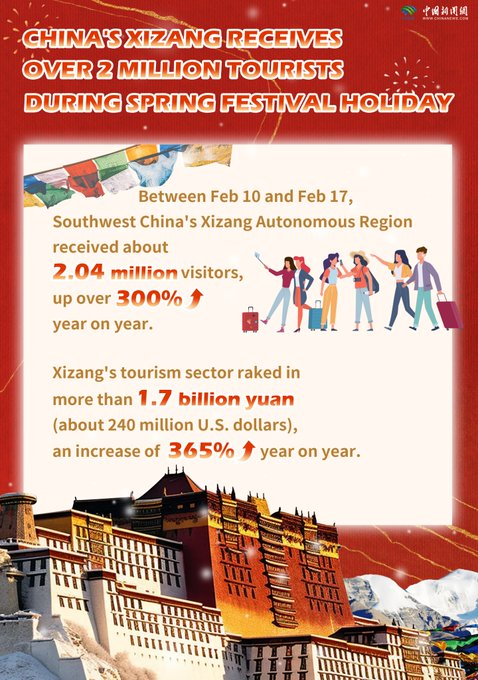
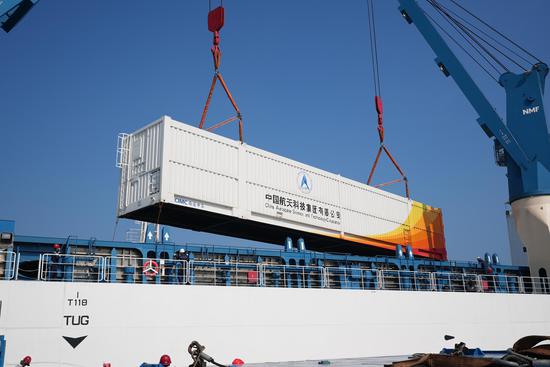










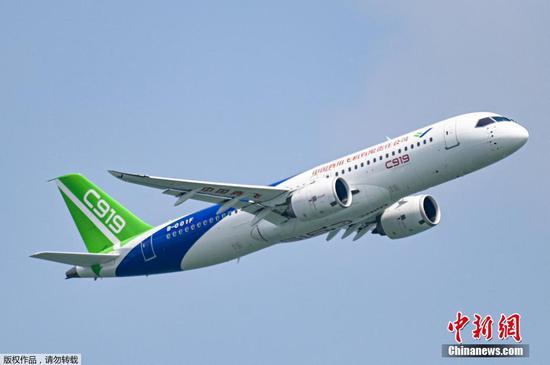

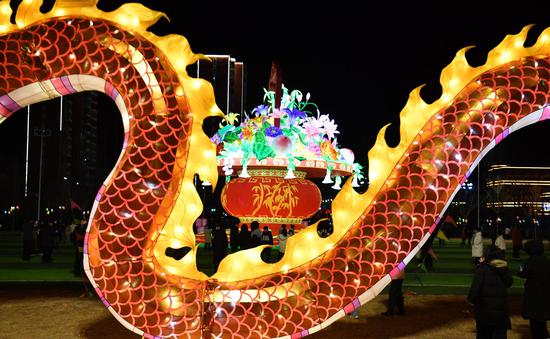

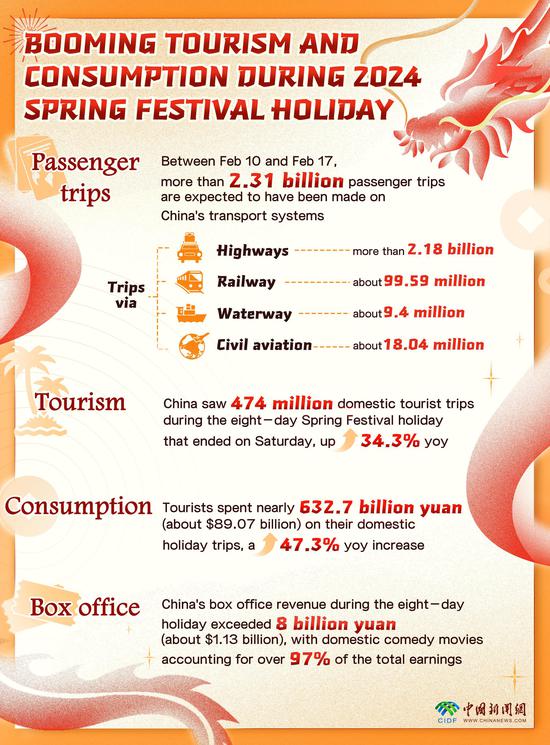


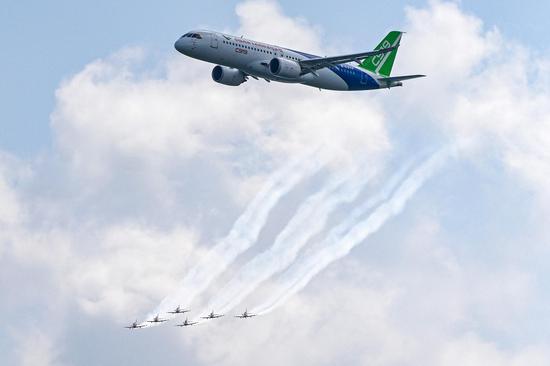
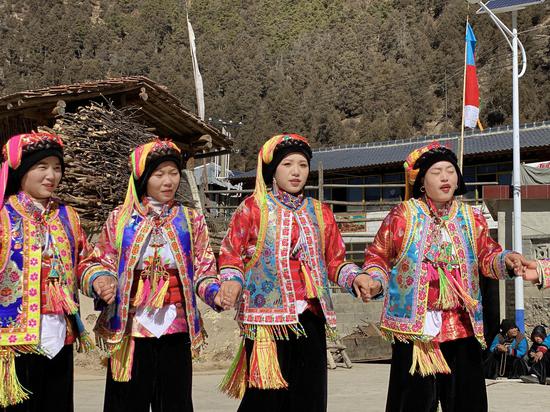

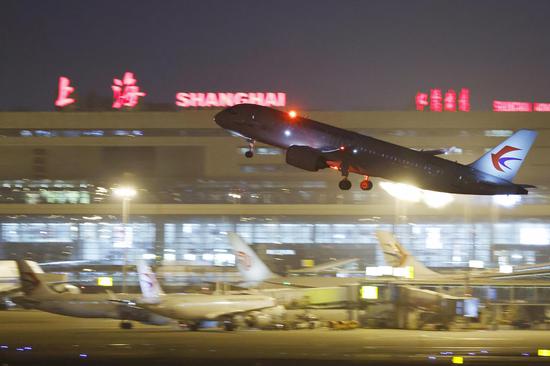
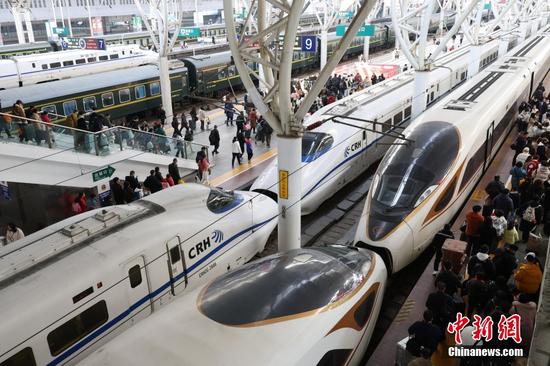
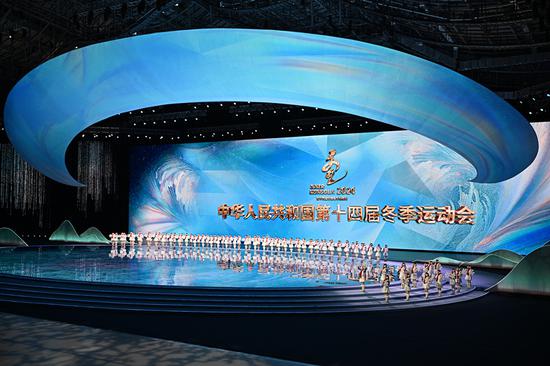



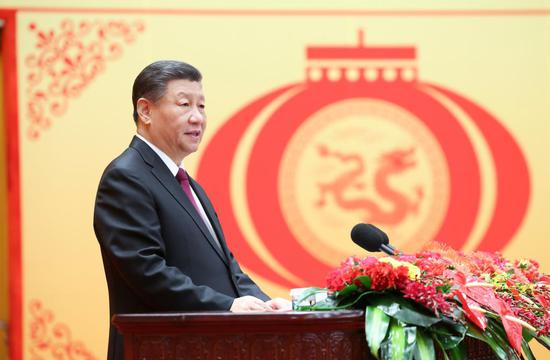










 京公网安备 11010202009201号
京公网安备 11010202009201号